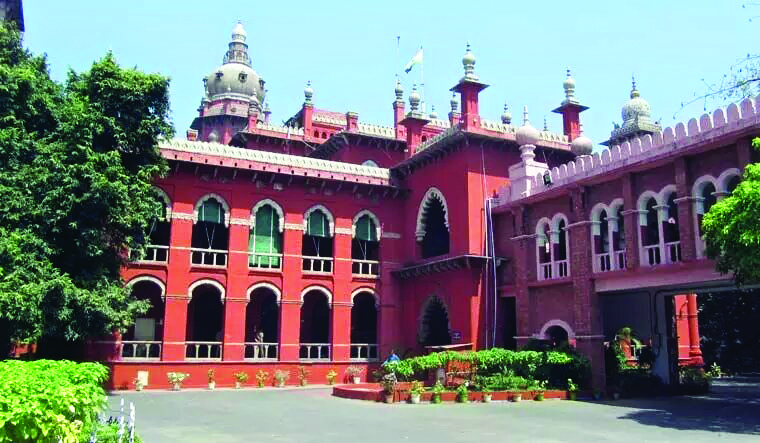HC upholds conviction of over 200 persons, directs compensation for rape victims

BENGALURU: The Madras High Court affirmed a lower court’s decision, finding 215 individuals, including Forest and Police personnel, guilty of committing atrocities against tribal communities in Tamil Nadu’s Vachathi village. These atrocities, including sexual assaults on women, occurred during a raid aimed at curbing sandalwood smuggling.
The lower court in Dharmapuri had previously convicted and sentenced these 215 men to prison terms ranging from 1 to 10 years. The High Court, in its ruling, dismissed the appeals filed against the lower court’s verdict.
Justice P Velmurugan, who presided over the case, also issued a directive for immediate compensation of Rs 10 lakh to 18 women who had been victims of sexual assault during the notorious incident in Dharmapuri. Notably, the court specified that Rs five lakh of this compensation should be recovered from those accused of rape.
The incident in question dates back to 1992 and was characterized by widespread abuse. The Dharmapuri court found 126 forest personnel, including four IFS officers, 84 police officers, and five individuals from the revenue department, guilty of their involvement in the atrocities. The case was later investigated by the Central Bureau of Investigation (CBI).
Out of the 269 individuals accused in the case, 54 passed away during the course of the trial. This ruling represents a significant step towards justice for the victims and highlights the importance of holding individuals accountable for their actions, even when they occupy positions of authority within government agencies.
The Vachathi village incident is a stark reminder of the vulnerability of tribal communities and the need for robust legal mechanisms to protect their rights and ensure justice. The compensation awarded to the survivors underscores the importance of addressing the physical and psychological trauma endured by victims of sexual assault and other forms of violence.
This ruling serves as a precedent for the prosecution of those responsible for similar crimes against marginalized and vulnerable communities. It emphasizes that the legal system is committed to upholding justice and providing reparations to victims of human rights violations.



